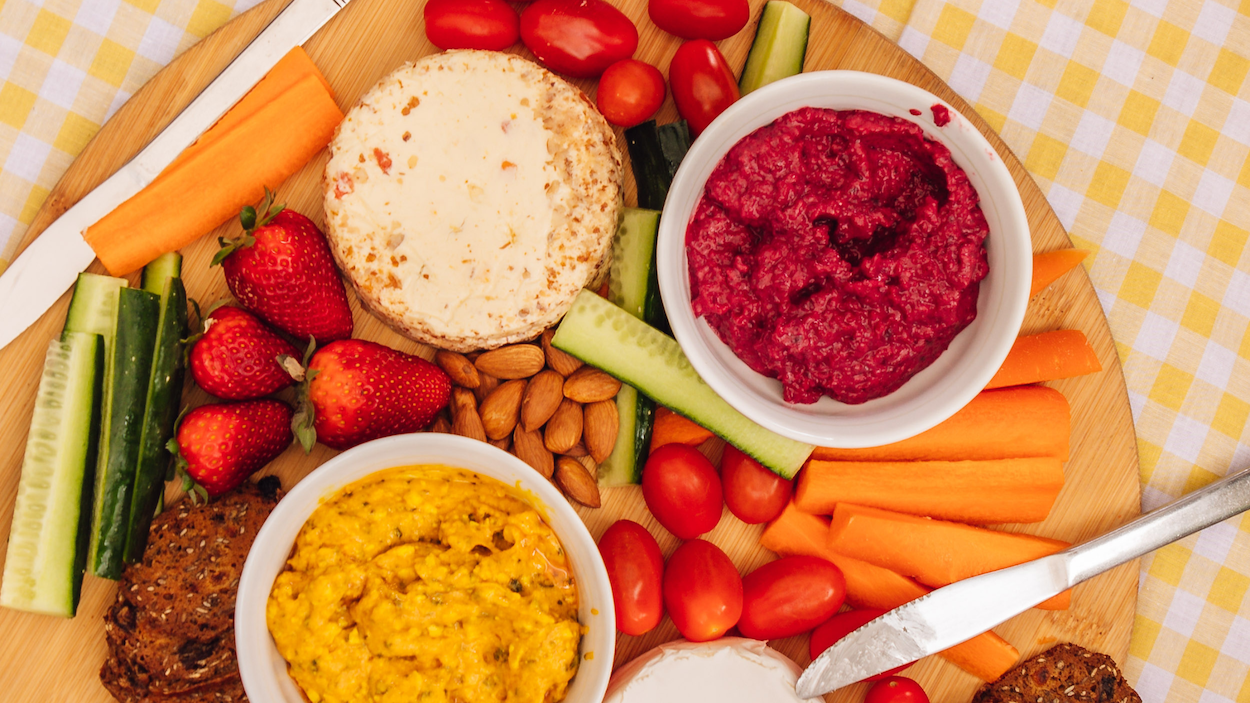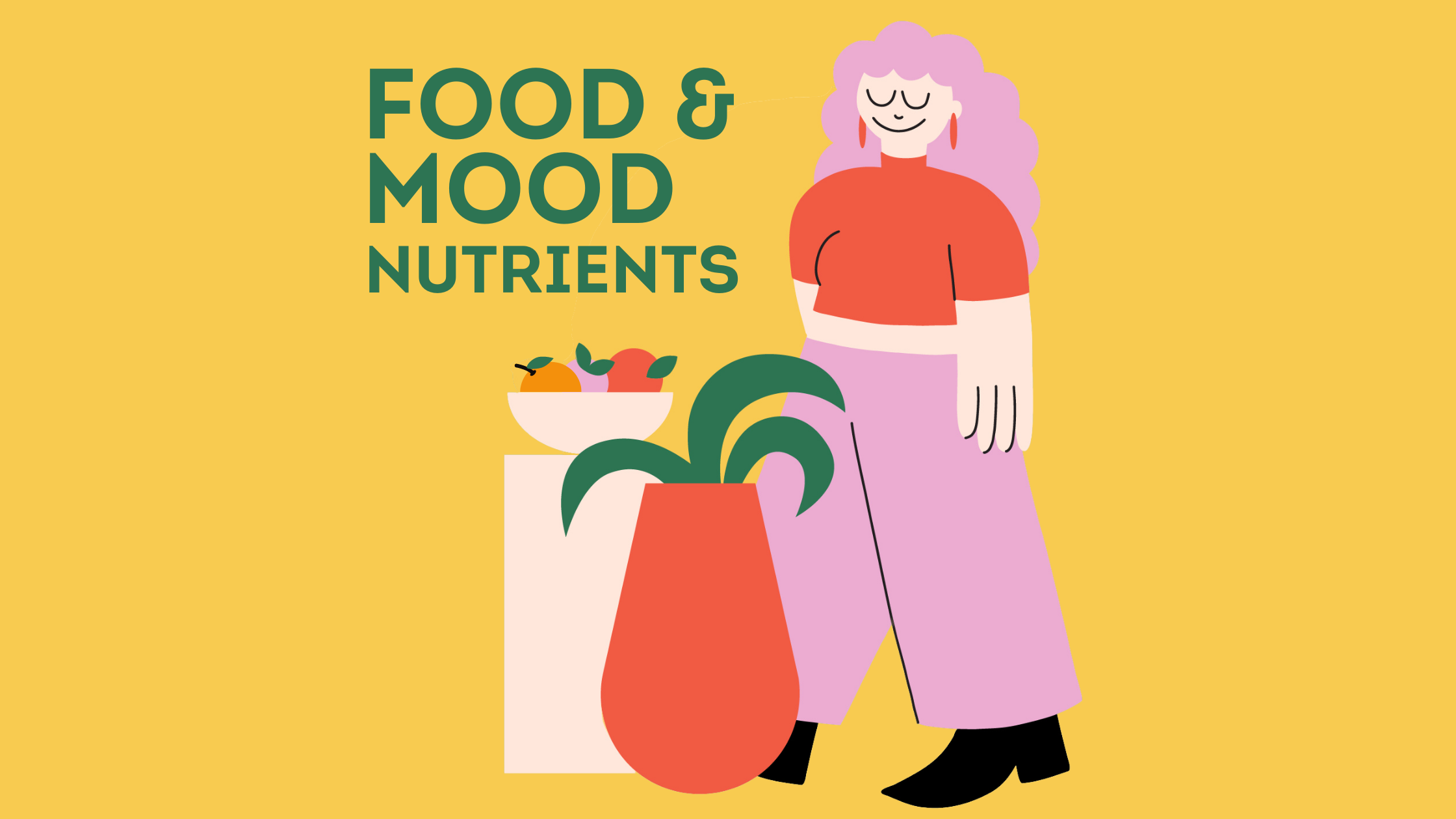If dairy makes you bloated, you’re going to want to read this.
1 in 6 Australians are avoiding dairy products in their diet. That’s a pretty huge stat.
Now this could be because they think dairy makes you bloated, for ethical, environmental or preferential reasons which are all completely valid. We just want to make sure that if you’ve noticed that consuming dairy does make you bloated or presents other symptoms, that you’re not just cutting this food group out completely and you’re seeking the support of a qualified healthcare professional to help you work through that. The process they may help you uncover is a diagnosis of lactose intolerance. Which they are best place to support you with.
NB: there are also SO many reasons you might be experiencing gut symptoms. It could be consuming; too much fibre, not enough fibre, not enough water, too much water, stress, certain foods that just naturally might make you gassy (hello beans), hormones, time of month, certain gastro diseases, infection, eating too fast/distracted etc etc!! So if your symptoms are persistent and bothering you, it is definitely worth investigating with a qualified healthcare professional!
If you’re not quite sure whether it’s dairy that causes you some symptoms or you don’t really experience symptoms and you’ve just seen/heard/read some influencer share that dairy will make you bloated/it’s bad for you, we’d highly recommend ignoring them. There is more misinformation out there than you may realise.
Facts:
- The reason we recommend NOT CUTTING OUT the dairy & alternatives food group if you experience digestive discomfort, is that it offers our bodies and brains with quality protein and SO many micronutrients – B vitamins, magnesium & calcium (to name a few) that support our physical & mental wellbeing.
- Hard cheeses eg: Parmesan, are naturally lower in lactose and if you *actually* have lactose intolerance, you may tolerate these better
- Yoghurt may also be less problematic for those with *actual* lactose intolerance as it’s gone through a fermentation process which means some of the bacteria eats some of the lactose to ferment it.
A note on plant-based alternatives:
- These don’t naturally contain B12 nor the same protein structure as animal milks. The protein building blocks (amino acids) are incomplete (except for soy), meaning- each plant source has varying amounts of the essential ones our bodies & brains need to function.
- That’s why we advocate for a high variety & diversity, switching up your sources within a meal & across your day/week so we can ensure we’re getting adequate amounts from complementary sources (aka different plants).
- We also recommend checking that calcium has been added to your plant-based alternatives as there is very little that naturally occurs in the plants they are made from and dairy can be a major source of calcium in our diets.
Your digestive process is also quite an incredible and complex one and sometimes simply slowing down our experience with food allows our bodies to better process and digest our food without your guts going gaga!
Mindful eating is an amazing practice and something that can also support with minimising digestive symptoms (including bloating) after eating. This is something we share in great detail in the WIRL app!
Well, we hope we’ve shed some light on the age old question, does dairy make you bloated?


